13+ Weaknesses Job Interview Examples
Preparing for a job interview can be an intimidating task, especially when it comes to discussing our weaknesses. However, acknowledging and addressing areas for improvement is crucial in presenting ourselves as self-aware and motivated individuals. In this article, we will delve into the concept of weaknesses in a job interview, provide a step-by-step guide on how to prepare for discussing them effectively, answer three frequently asked questions, and ultimately help you navigate this aspect of the interview process with confidence.
1. Job Application Template
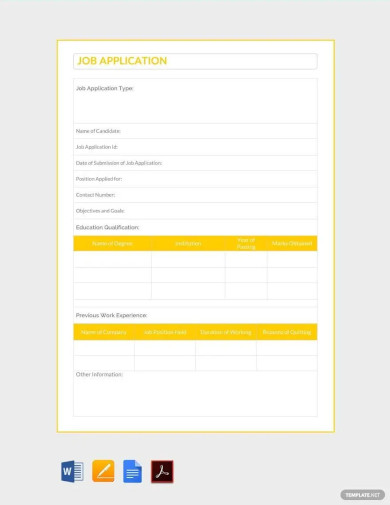
2. Self Introduction
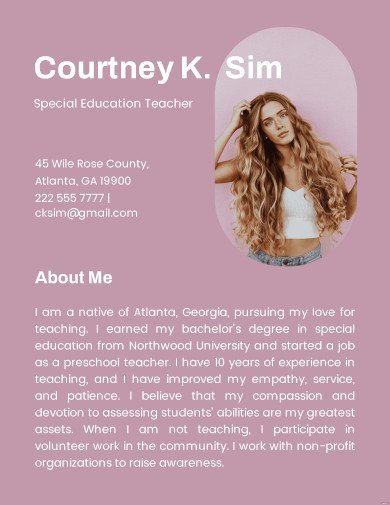
3. Weakness Job Interview Answer
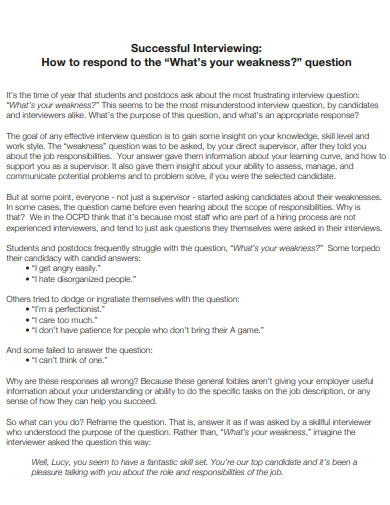
career.ucsf.edu
4. Strengths Job Interview
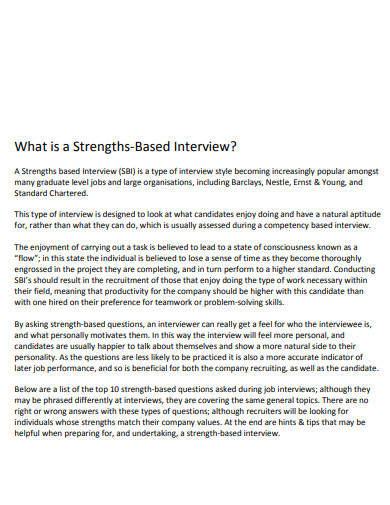
assessmentday.co.uk
5. weakness job interview sample
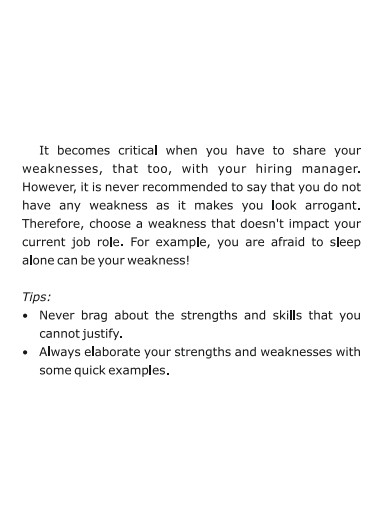
griet.ac.in
6. Self Critical Job Interview
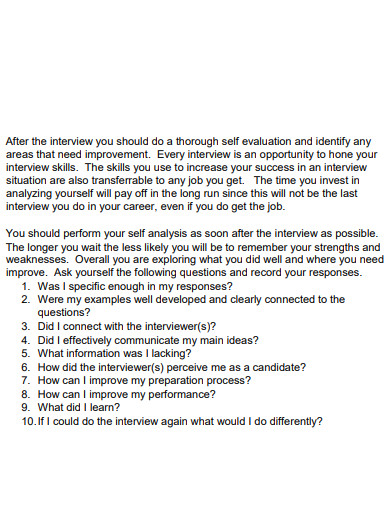
career.uci.edu
7. Weakness Job Interview Question
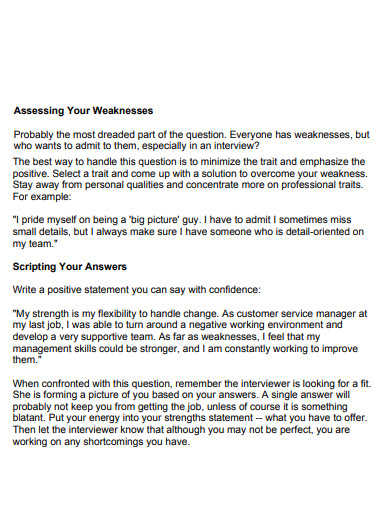
bu.edu
8. Personal Strength
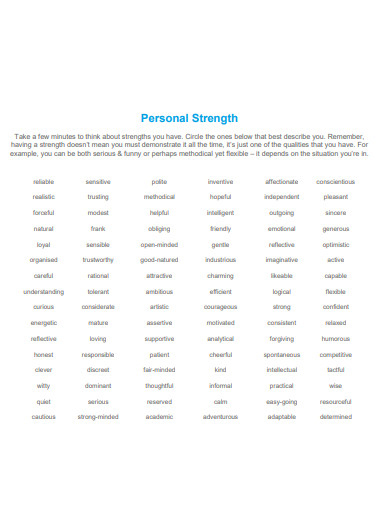
cancersupportscotland.org
9. Positive Weakness Job Interview
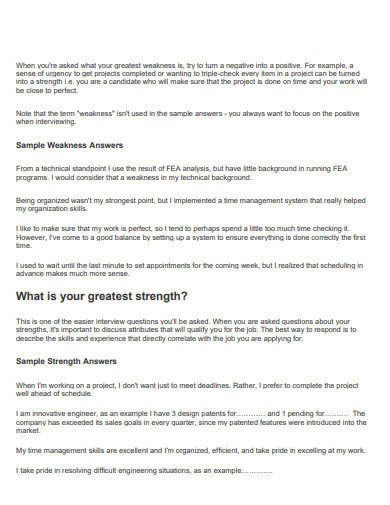
bennettallen.com
10. Time Management Job Interview
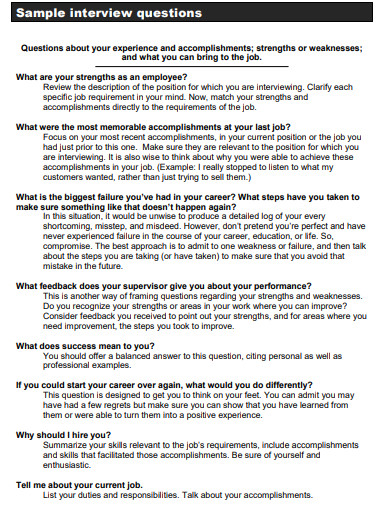
careermobilityoffice.cs.ny.gov
11. Common Weakness Job Interview
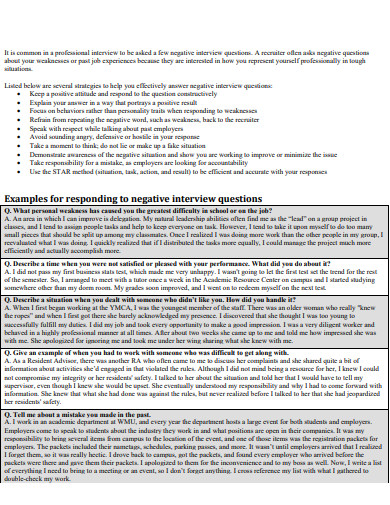
wmich.edu
12. Unique Weakness Job Interview
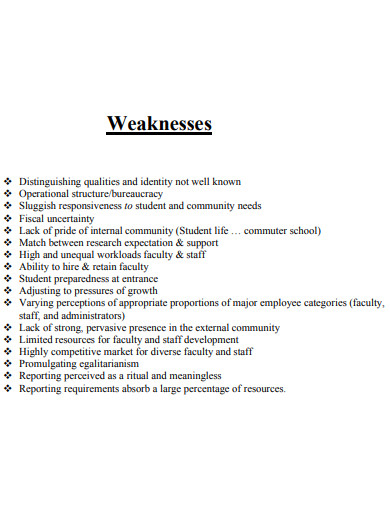
csustan.edu
13. Nurse Weakness Job Interview
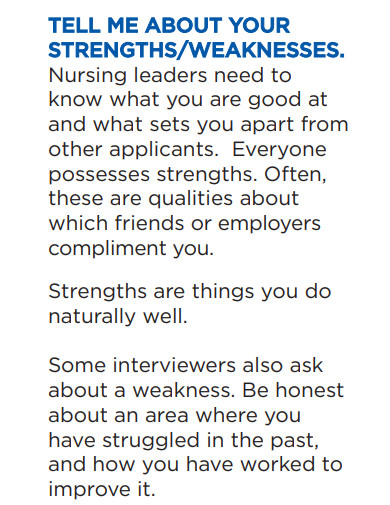
bsmcon.edu
14. Greatest Strenght and Weakness Job Interview
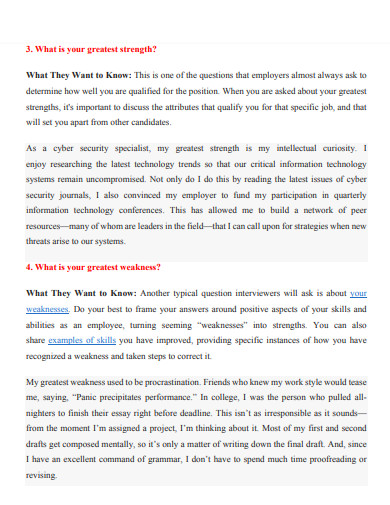
acikders.ankara.edu.tr
What is a Weaknesses Job Interview?
In a job interview, weaknesses refer to personal or professional limitations that may hinder one’s performance or growth in a specific role. Employers often inquire about weaknesses to gain insight into an applicant’s self-awareness, ability to self-improve, and how well they align with the job requirements. Understanding how to address weaknesses constructively can set candidates apart and demonstrate their commitment to personal and professional development.
How to Prepare for a Weaknesses Job Interview
Preparing for a job interview involves careful consideration of various aspects, including how to effectively communicate your weaknesses. By following these steps, you can ensure that you approach this question with confidence and authenticity.
Step 1: Self-Reflection
Begin by conducting an honest self-assessment. Identify areas where you could improve and think about specific examples that showcase your willingness to learn and develop.
Step 2: Choose Relevant Weaknesses
Select weaknesses that are relevant to the job description and demonstrate your self-awareness. Avoid generic answers and focus on areas that can be improved through learning and development.
Step 3: Provide Context
When discussing a weakness, it is crucial to provide context. Explain the steps you have taken or plan to take to address the weakness, such as attending training sessions or seeking guidance from mentors.
Step 4: Showcase Growth
Highlight instances where you have proactively addressed weaknesses in the past. Discuss the steps you took to overcome the challenges and emphasize the positive outcomes that resulted from your efforts.
Step 5: Practice and Rehearse
Practice your responses to weaknesses in job interview questions. Rehearse your answers until you feel comfortable and confident in delivering them during the interview.
FAQs
Should I mention a weakness that is directly related to the job I am applying for?
Yes, it is advisable to mention a weakness that is relevant to the job description. However, focus on weaknesses that are not critical to the position and emphasize your efforts to improve in those areas.
How can I turn a weakness into a strength during a job interview?
To turn a weakness into a strength, discuss the steps you have taken or plan to take to address the weakness. Highlight your willingness to learn, adapt, and grow, emphasizing how you have successfully turned weaknesses into opportunities for personal and professional development.
Should I mention personal weaknesses during a job interview?
While it is important, to be honest, it is generally advisable to focus on professional weaknesses rather than personal ones. Choose weaknesses that can be addressed through learning and development and are relevant to the job.
In conclusion, navigating weaknesses during a job interview is a crucial skill that can set you apart from other candidates. By acknowledging your weaknesses with honesty, providing context, showcasing growth, and emphasizing your commitment to self-improvement, you can turn this potentially challenging question into an opportunity to impress your prospective employer. Remember, effective preparation and thoughtful responses are key to presenting yourself as a resilient, proactive, and self-aware candidate capable of thriving in any professional setting.
Remember to check out these related articles for further insights:
- Job Resume: Crafting a Winning Resume: A Comprehensive Guide
- Job Description: Decoding Job Descriptions: A Step-by-Step Approach
- Cover Letter: Mastering the Art of Writing a Compelling Cover Letter
- Strengths: Unveiling Your Strengths: A Path to Professional Success
- Hard Skills: The Power of Hard Skills: Building a Strong Professional Foundation
- Soft Skills: Unlocking Soft Skills: The Key to Professional Excellence
- 3+ Job Interview Assessment Examples in PDF: Assessing Success: 3+ Job Interview Assessment Examples in PDF
- 5+ Job Interview Evaluation Examples in PDF: Evaluating Excellence: 5+ Job Interview Evaluation Examples in PDF
- 4+ Job Interview Summary Examples: Summarizing Success: 4+ Job Interview Summary Examples


